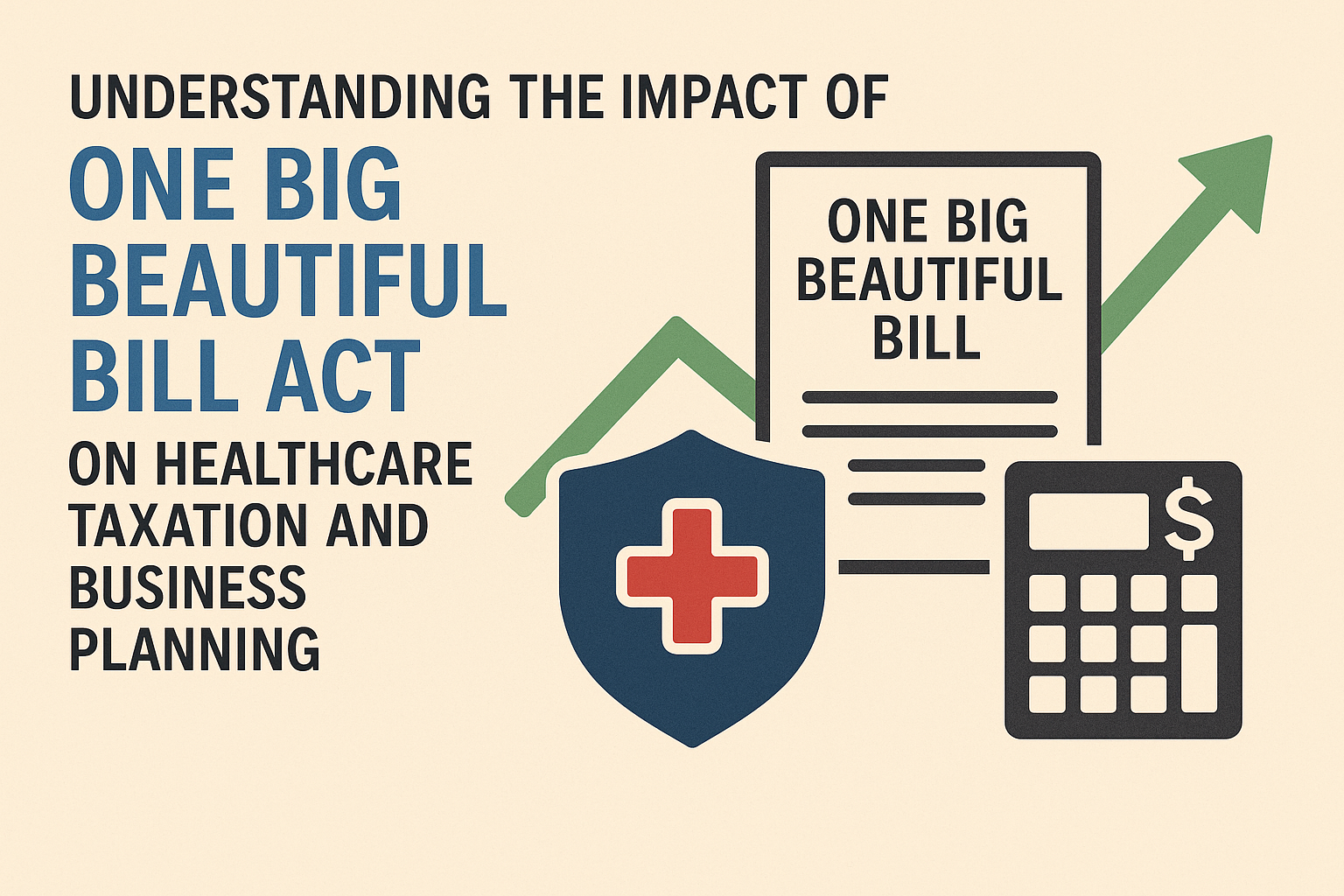Understanding the Impact of the One Big Beautiful Bill Act on Healthcare Taxation and Business Planning
Signed into law on July 4, 2025 (Public Law 119-21), the One Big Beautiful Bill Act (OBBBA) is a sweeping tax reform that reshapes healthcare...

The healthcare industry is a necessary beast that we all rely on. We have witnessed the high demand for healthcare providers and services over the last two years ourselves. In the face of an oncoming recession and the lasting effects of the pandemic, what should the healthcare industry expect and how can we prepare?
Challenges
Like all other industries, the healthcare industry will face financial and organizational challenges in the coming few years. The recession in addition to the ongoing effects of the pandemic will likely make matters worse and introduce other new challenges as well.
Challenges such as decreasing demand, rising costs, decreasing margins, supply chain shortages, new competition, reduced funding and staff struggles are all things the industry is familiar with already. Though such familiarity may be irrelevant in today’s ever-changing world as trends of the last two years change and the landscape takes a sharp turn back to pre-pandemic norms.
During the pandemic we witnessed an increase in the use and promotion of telehealth, but will it last? Providers are concerned that reimbursement for telehealth visits may decrease significantly, begging the question of if providing the service is even worth it. Moreover, the recession will likely result in decreased private funding, but could government funding also be reduced? It is likely that the government will attempt to reduce all unnecessary costs, including healthcare funding that has bolstered many over the last few years.
Opportunities
Yet, in the face of many daunting challenges that are some areas of improvement that the industry can take advantage of while riding out the storm. Just as we have seen during the pandemic, prioritizing patient care and investing in your staff is important when facing variable demand. It will be important for providers to outsource when necessary, invest in automation, and optimize technology to improve both the client and employee experience.
Furthermore, reconsidering suppliers, seeking lower-cost supplies, prioritizing funding and investments, and focusing on cost optimization are other strategies that providers can employ as debts increase and cash flow decreased. Another consideration for large systems to evaluate is the benefit and costs of consolidation. Could reducing real estate help the organization meet long-term stability?
While coming off a chaotic two years and ending up in the middle of a recession is not ideal, there are strategies for the healthcare industry to take advantage of and come out on the other side.

Signed into law on July 4, 2025 (Public Law 119-21), the One Big Beautiful Bill Act (OBBBA) is a sweeping tax reform that reshapes healthcare...

Navigating the intricacies of a medical practice buy-in is as essential as it is complex. For practice owners, medical professionals, and healthcare...

The Coronavirus Pandemic sent a shock wave through the healthcare industry in many ways. Not only were care facilities overwhelmed and drowning in...